On the morning of November 27, the National Assembly discussed the draft revised Law on the Capital City, which will discuss a separate mechanism for Hanoi to develop breakthroughs.
In the report on receiving and explaining the draft Law, the Ministry of Justice (the drafting agency) said that there were opinions assessing that the draft did not reflect specific policies to promote the role of the city government model under the City.
According to Resolution 15 of the Politburo on the direction and tasks of the capital's development until 2030, with a vision to 2045, Hanoi is expected to form two cities directly under its administration. The northern cities are Me Linh, Soc Son, Dong Anh and the western cities are Xuan Mai, Hoa Lac. To create an initial legal basis, the draft Law stipulates the delegation of some powers of the Hanoi People's Council and People's Committee to the People's Councils and People's Committees of the northern and western cities.
Specifically, the People's Committees and People's Councils of the two new cities will be allowed to decide on the establishment, reorganization, and dissolution of a number of specialized agencies, administrative organizations, and specific public service units under their management; and to adjust a number of tasks and powers of other specialized agencies and administrative organizations. The new cities will also be allowed to decide on the establishment, reorganization, and dissolution of public service units under their management and the recruitment of civil servants for the agencies.
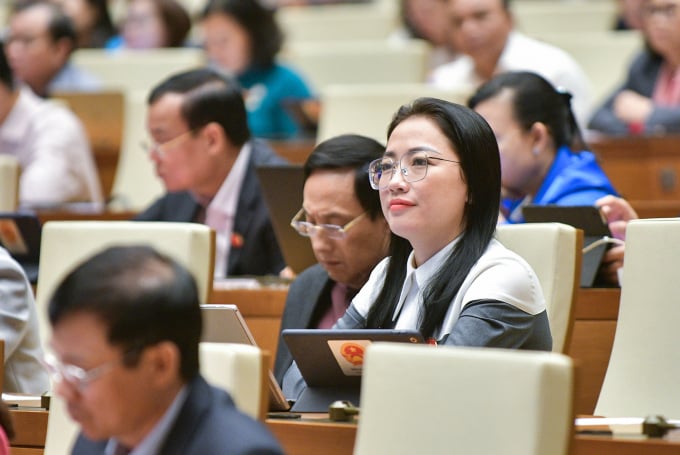
National Assembly delegates at Dien Hong Hall, November 22. Photo: National Assembly Media
The draft law stipulates that scientific and technological research activities in the capital city enjoy higher incentives than the current ones. In particular, the income of experts and scientists in charge of key tasks of the capital city and the capital region is not subject to personal income tax. To avoid abuse, some delegates proposed to specify the conditions for applying this incentive mechanism.
The Ministry of Justice believes that the provisions in the draft Law aim to create a breakthrough and remove bottlenecks in the scientific management mechanism in the direction of applying the form of budget allocation based on results and products; the mechanism of transferring without compensation assets, results, and products formed from scientific and technological tasks using the state budget.
This is considered an important and outstanding solution to create the necessary legal basis, technical and social infrastructure to achieve the goal of attracting multinational corporations and strategic investors in the high-tech sector to establish centers.
Innovation Center, Research Center in Hanoi.
There are suggestions to add specific regulations on the ownership period of rebuilt apartment buildings or the selection of investors to rebuild apartment buildings; to study strong measures to renovate and rebuild entire apartment buildings and individual houses that do not ensure fire prevention and fighting.
The drafting agency said it will continue to closely monitor the process of revising and perfecting the draft Housing Law to be able to resolve the issues facing Hanoi. If the content does not meet practical requirements, it will be regulated in the Capital Law.
Some delegates are concerned about the regulation on cutting off electricity and water to construction works that violate the law.
directly affecting the basic rights of citizens, it is recommended to continue researching and reviewing carefully to avoid arbitrariness and abuse in law enforcement.
According to the Ministry of Justice, increasing the level of administrative penalties and applying strong enough preventive measures (cutting off electricity and water) will promptly prevent and completely handle violations; better ensure security, order, and social safety and have a positive impact on improving the environment and attracting investment. The drafting agency will continue to research and review to ensure strict and feasible application procedures.
On the morning of November 27, the National Assembly also voted to pass the Law on Identity Cards and the amended Law on Housing. Afterwards, delegates discussed the Government's report on the preliminary summary of the pilot urban government model in Hanoi and Da Nang and the results of 3 years of implementing the urban government model in Ho Chi Minh City.
In the afternoon, delegates voted to pass the Law on Water Resources (amended); discussed in the hall the draft Law on Amended Archives.
Source link




![[UPDATE] April 30th parade rehearsal on Le Duan street in front of Independence Palace](https://vstatic.vietnam.vn/vietnam/resource/IMAGE/2025/4/18/8f2604c6bc5648d4b918bd6867d08396)
![[Photo] Prime Minister Pham Minh Chinh receives Mr. Jefferey Perlman, CEO of Warburg Pincus Group (USA)](https://vstatic.vietnam.vn/vietnam/resource/IMAGE/2025/4/18/c37781eeb50342f09d8fe6841db2426c)




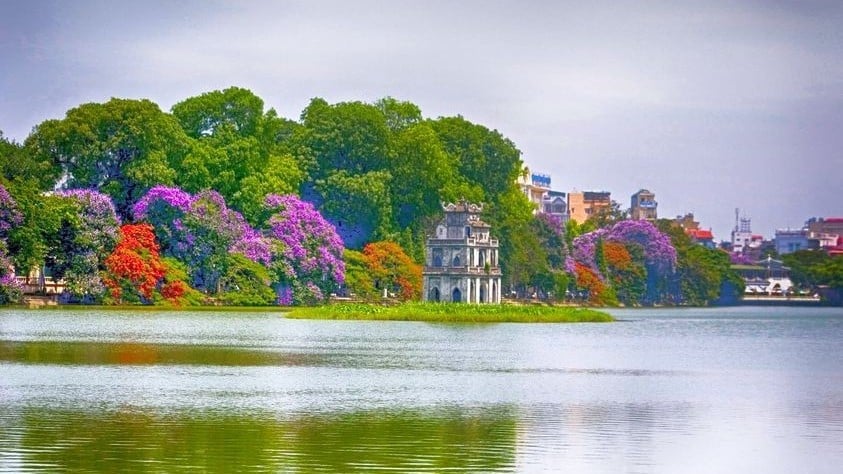
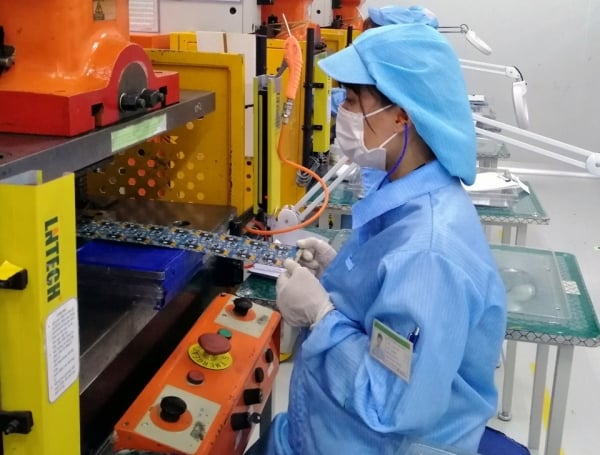
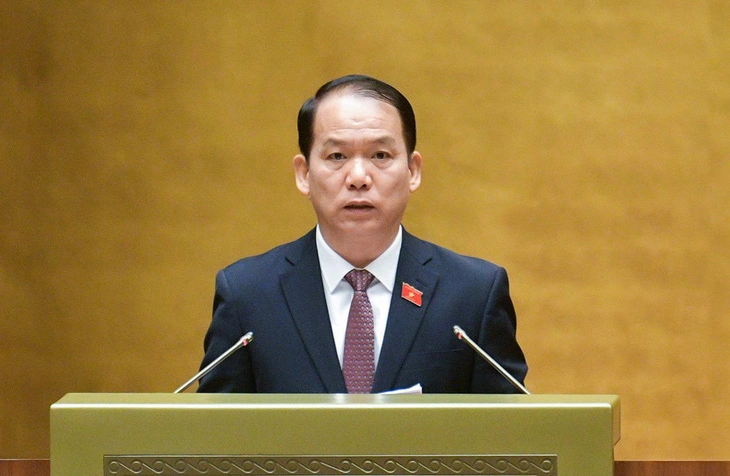

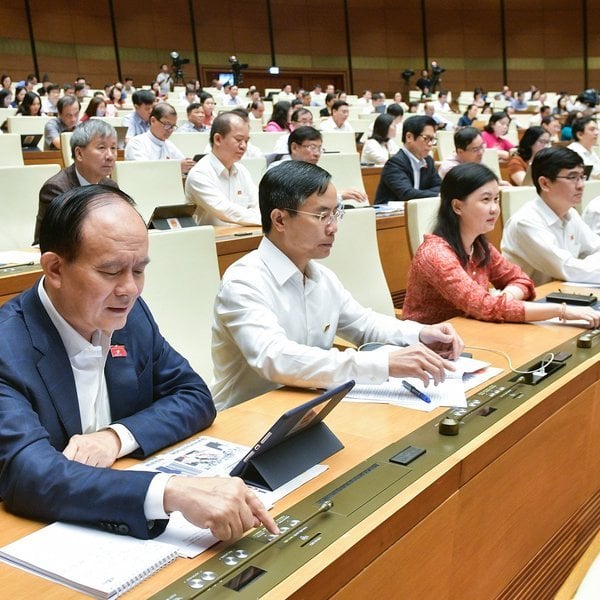

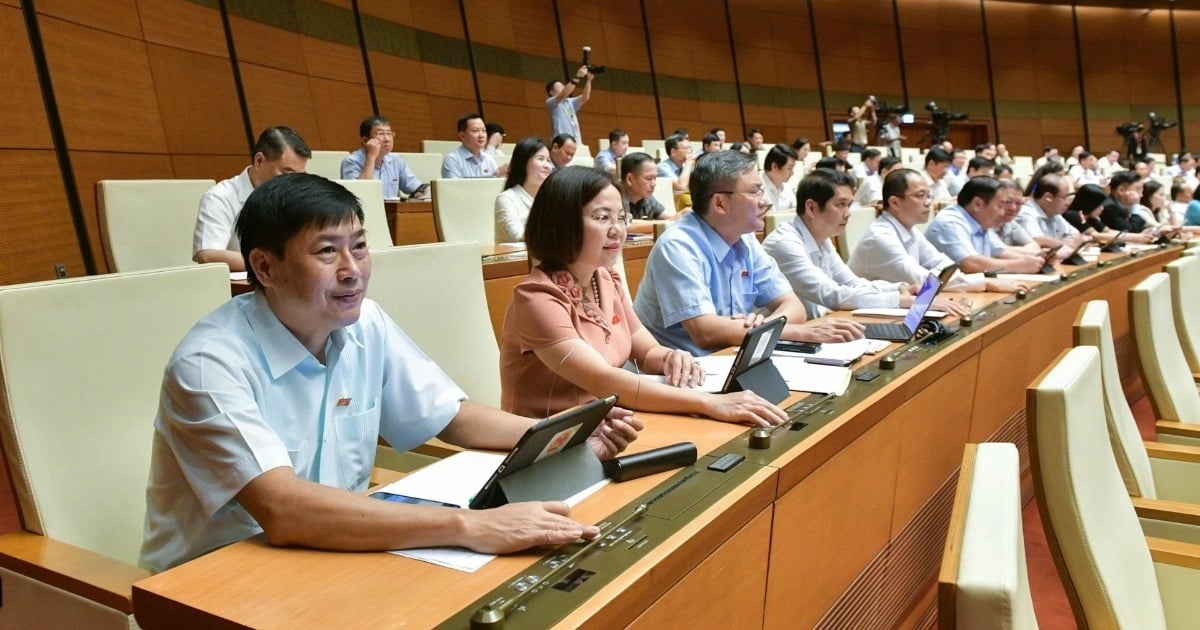

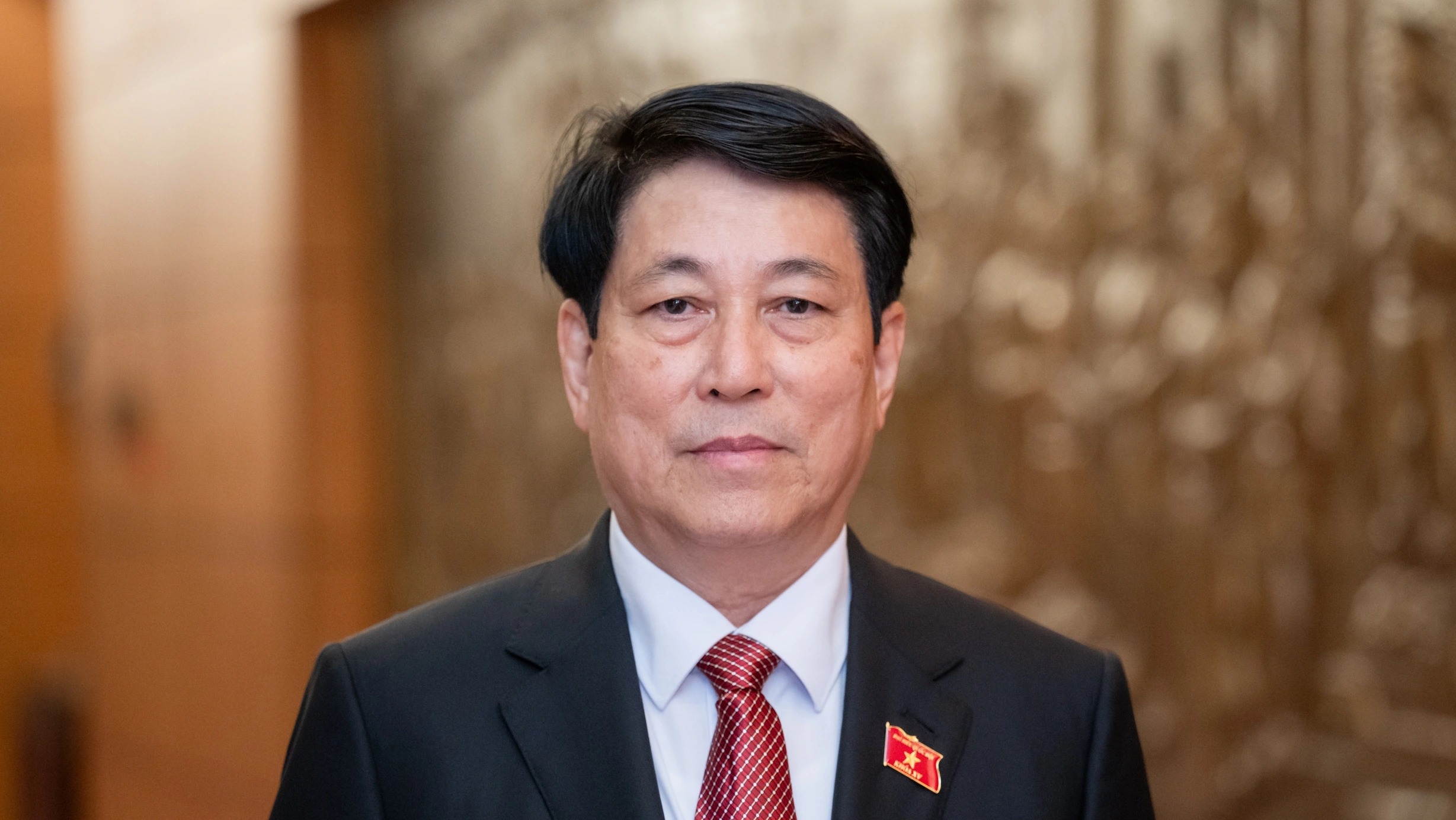
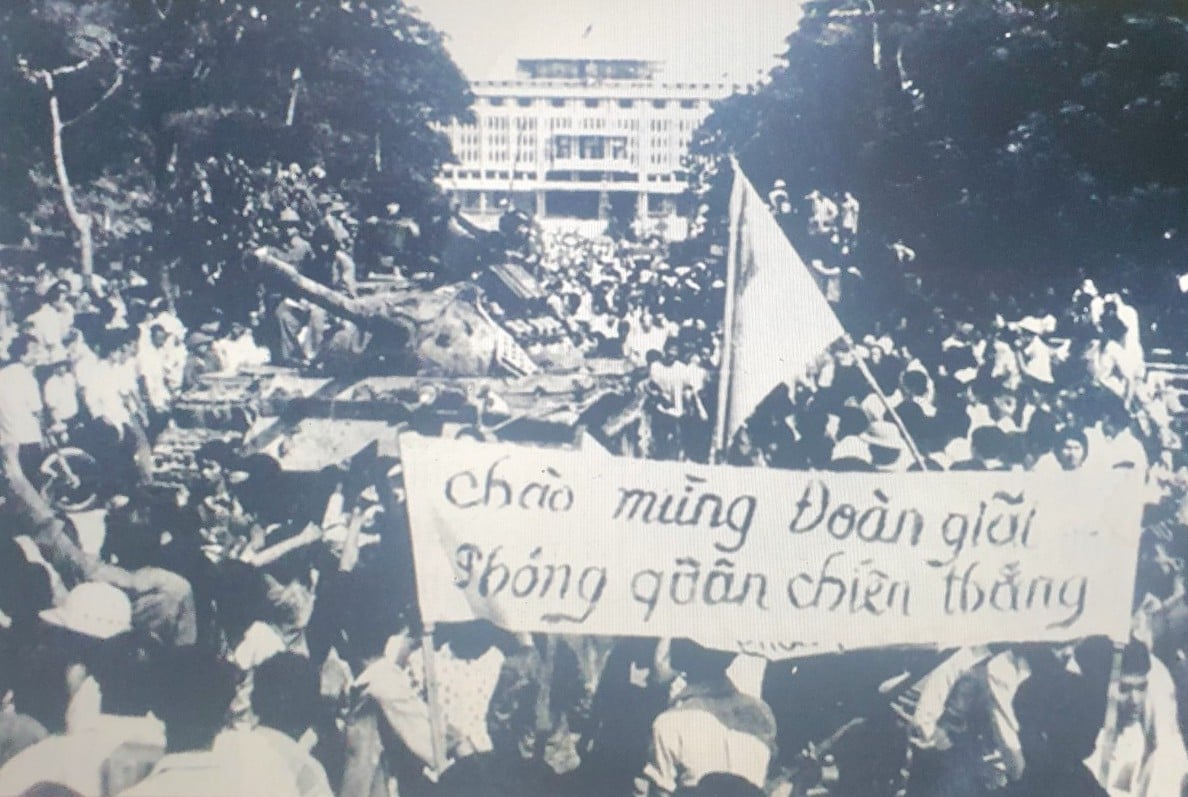















































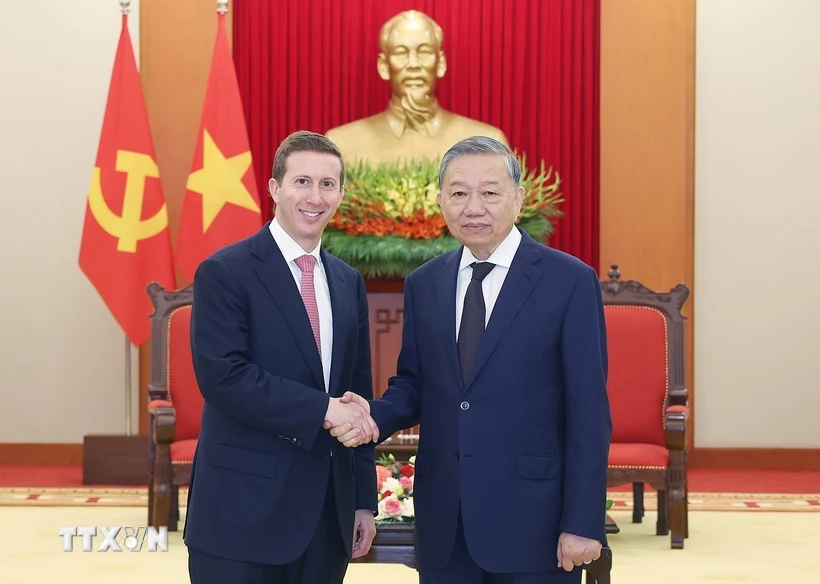









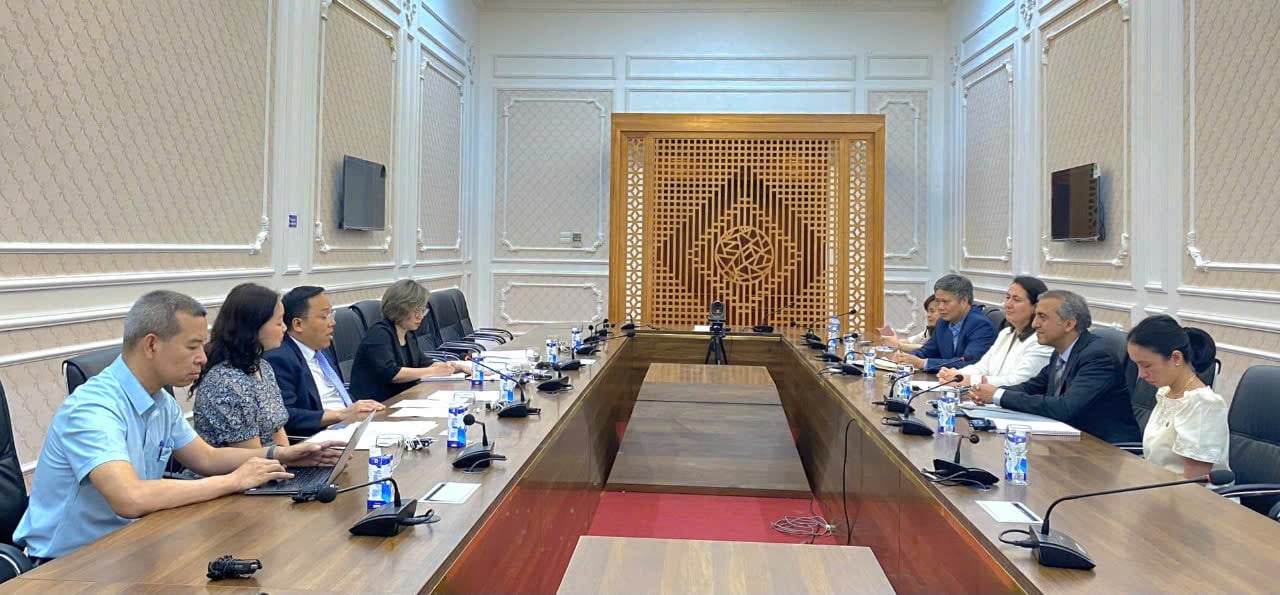

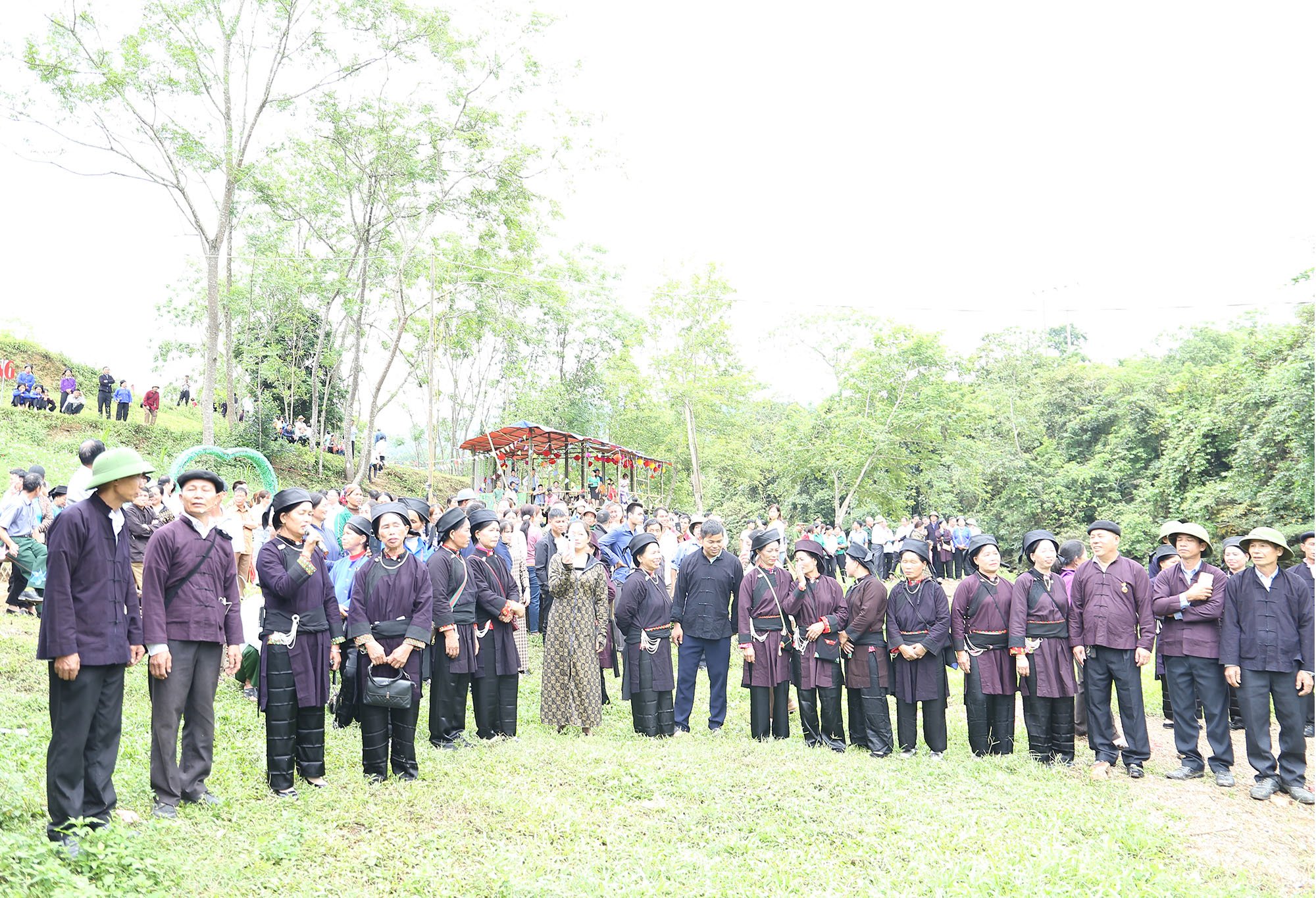
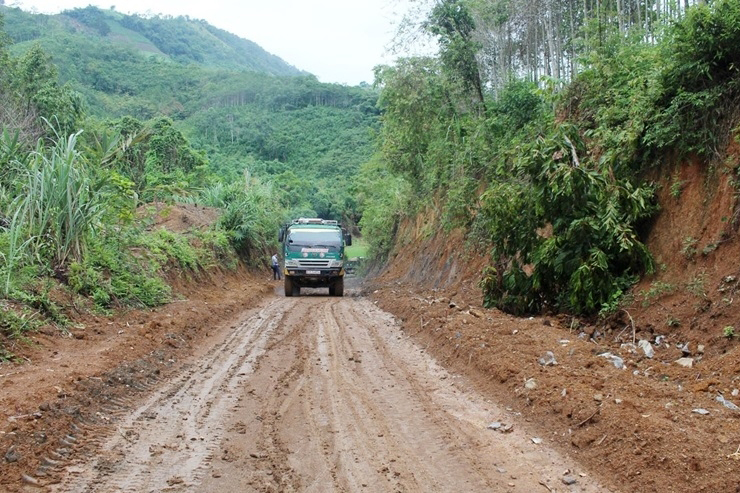
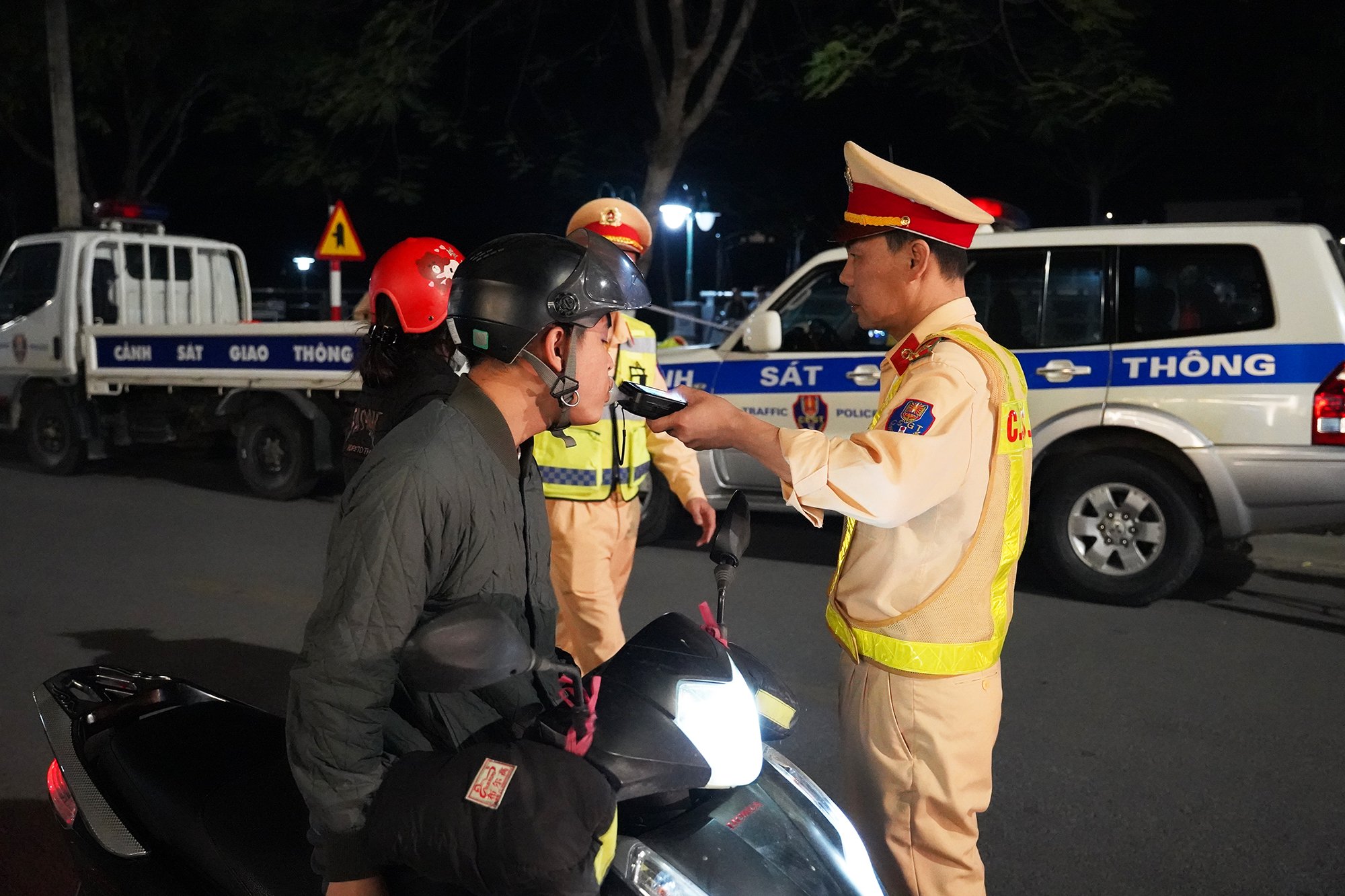
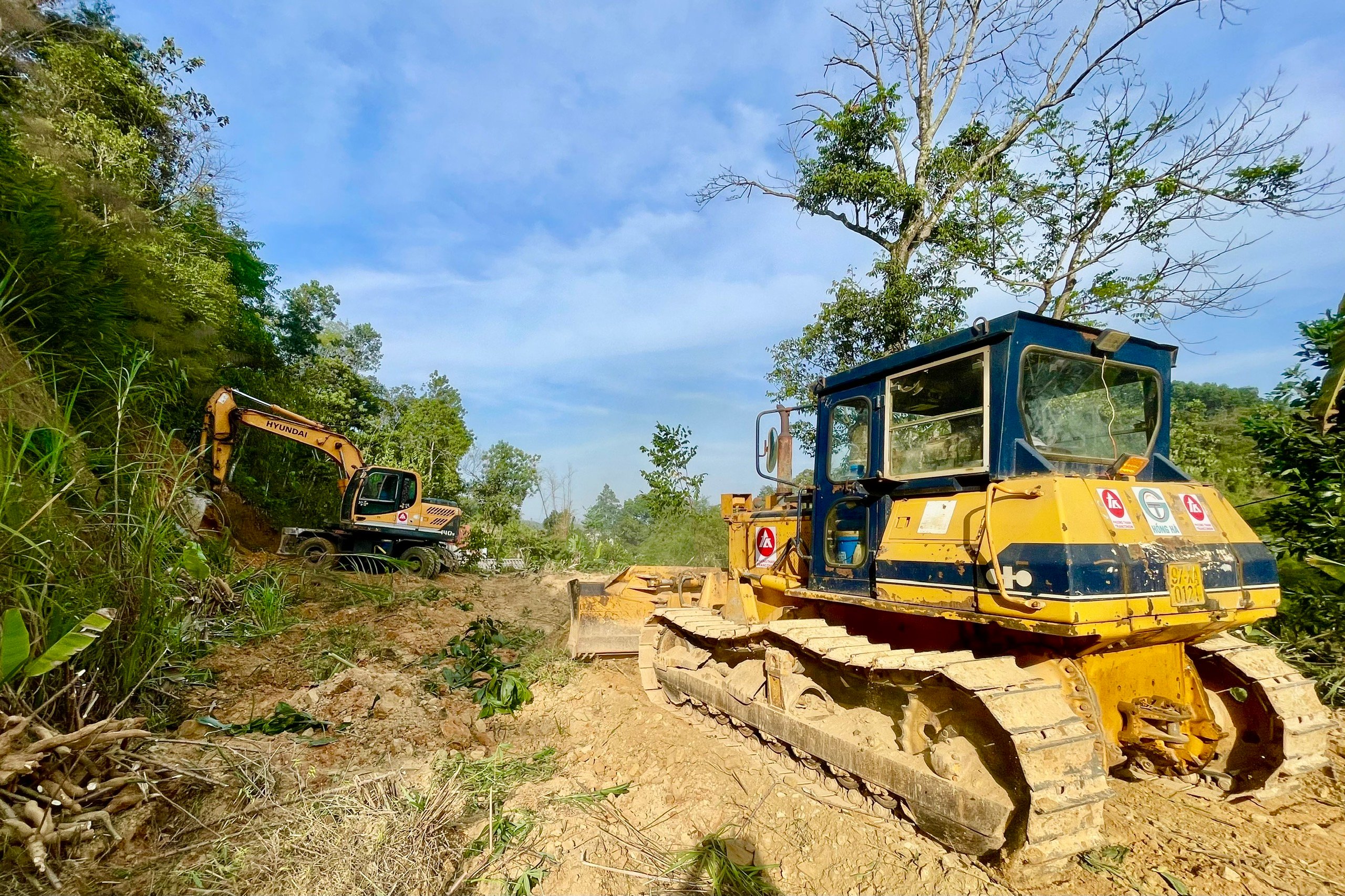
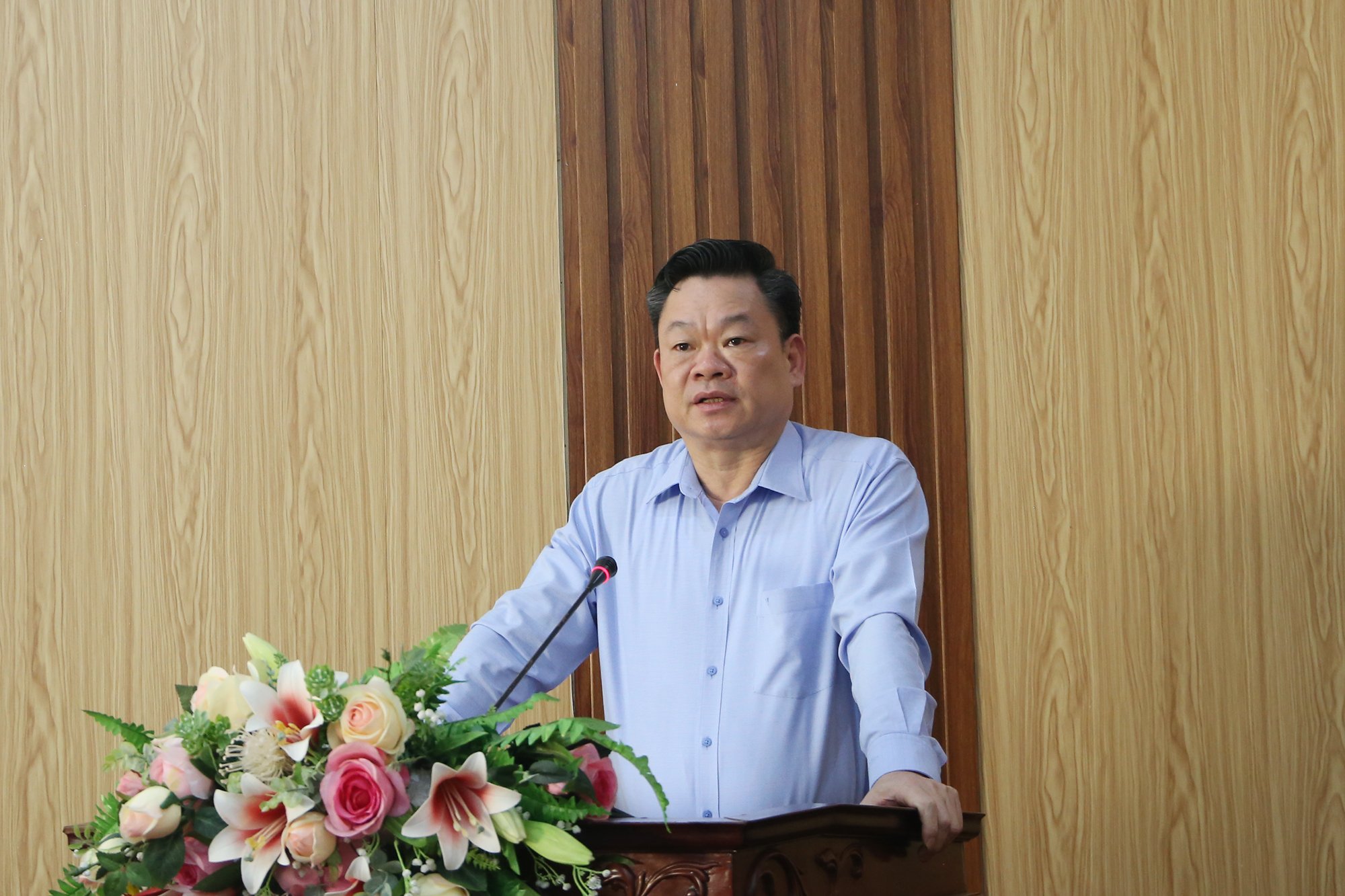












Comment (0)